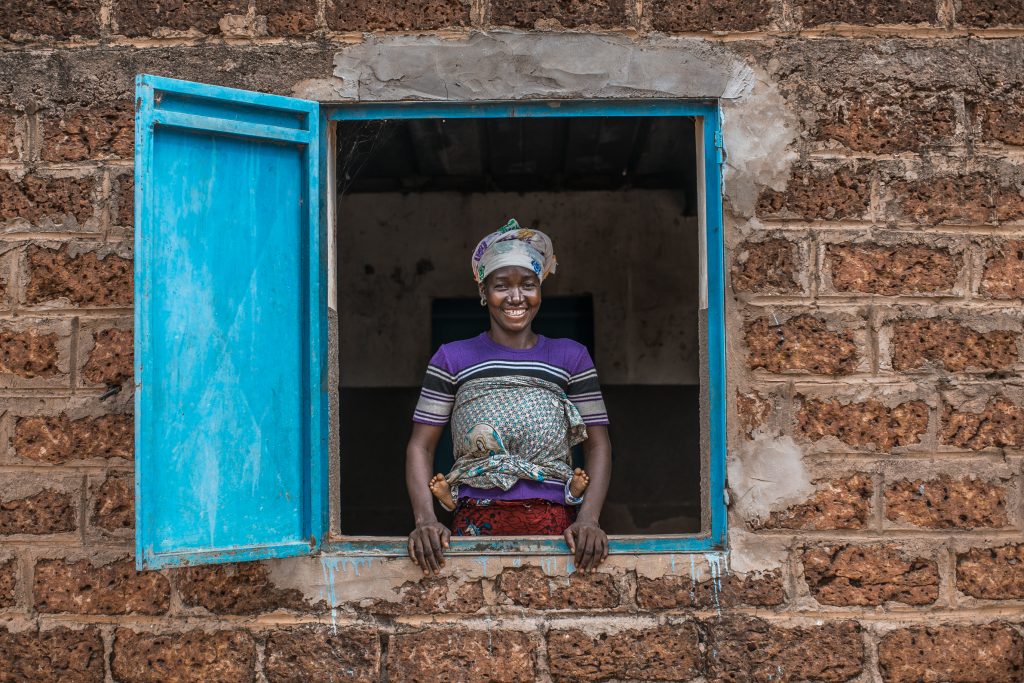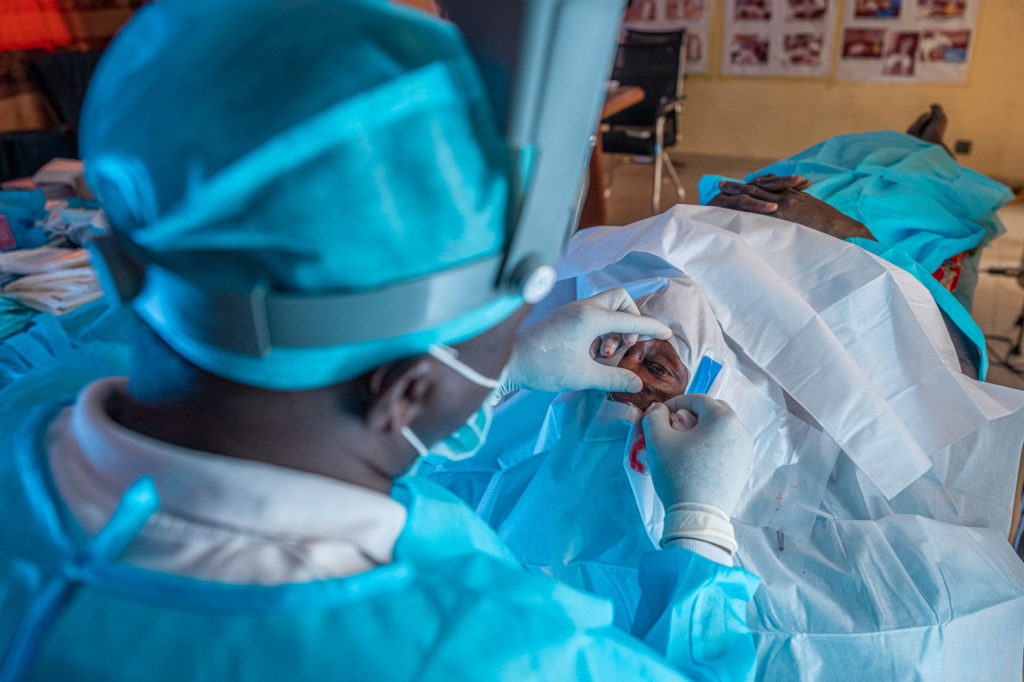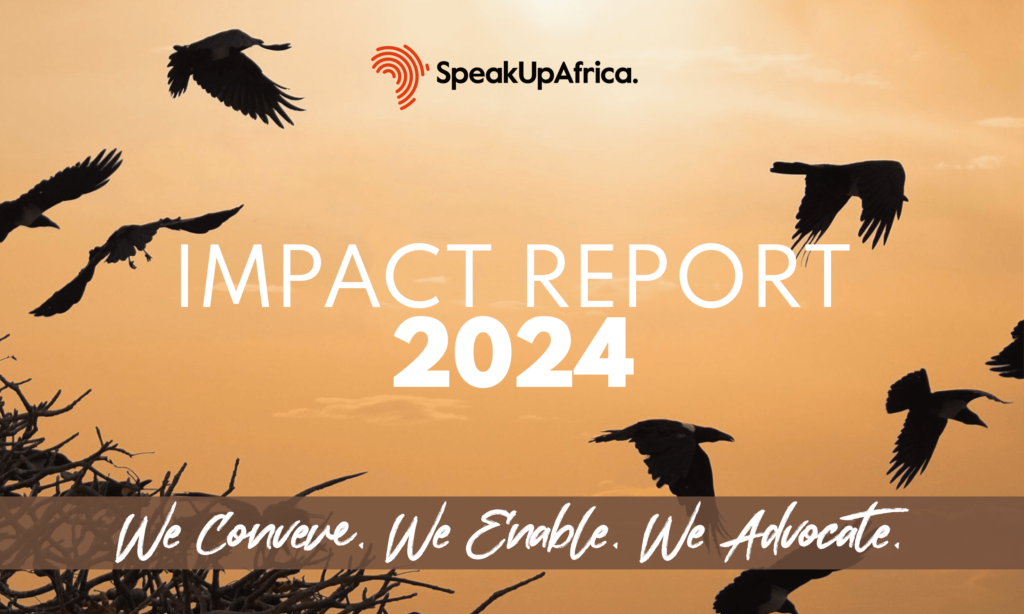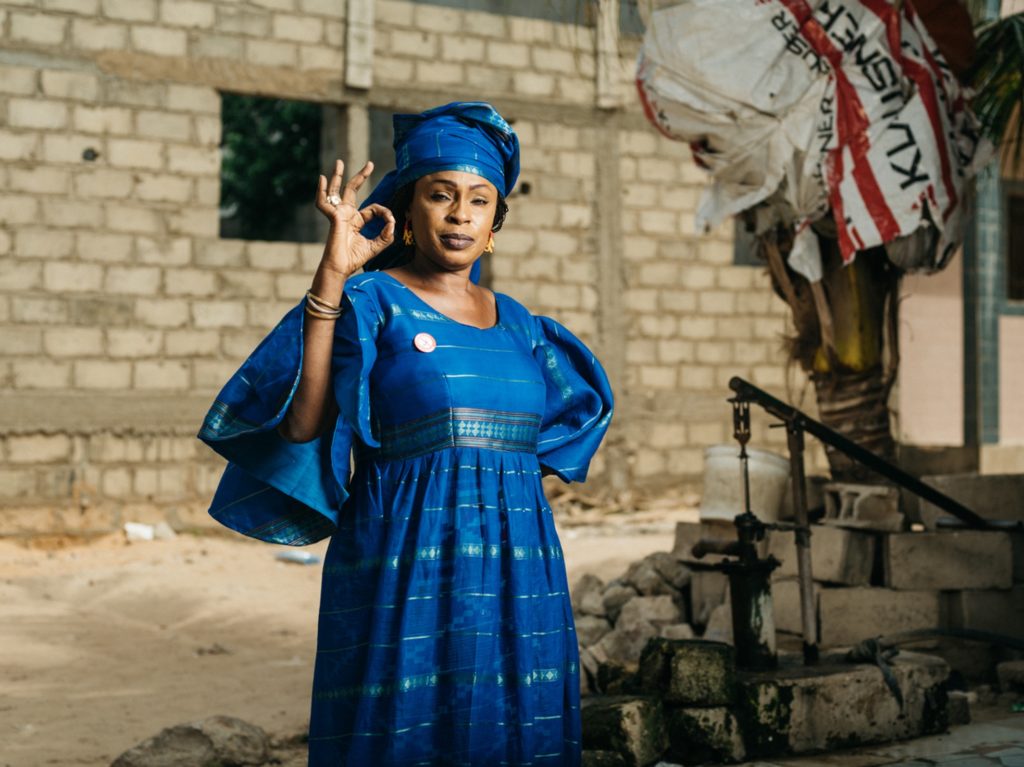The African Civil Society Declaration on Domestic Resources for Health

We, the African Francophone Civil Society organisations gathered in Niamey on the side lines of the 12th Extraordinary Summit of the African Union in July 2019, make the following observations:
Every year millions of people die from preventable diseases in our communities. In 2019 alone, Africa accounts for 24%1 of the global health morbidity while it has only 16%2 of the world’s population. 70% of people living with HIV are in Africa; 92% of cases representing 200 million cases, and 93% of deaths or more than 403,000 malaria-related deaths3 are recorded in Africa, more than 25% of TB deaths and one in 13 children die before the age of 5 in Africa, making the region in the world with the highest mortality rate among children under 54. More than half of the African population still lacks access to essential health services, especially in rural areas. Children, youth, women and vulnerable people pay the highest price.
At the same time, African leaders pledged to:
– Allocate 15% of national budgets to health (2001 Abuja Declaration)
– Eliminate AIDS, TB and malaria in Africa by 2030 (Abuja Declaration of 2013)
– « To enable all people to live healthy lives and promote well-being at all ages and in response to the need to end the AIDS epidemic, TB, malaria and neglected tropical diseases by 2030 and to combat hepatitis, water-borne diseases and other communicable diseases », (SDG 3, 2015)
– Accelerate malaria elimination efforts through the « Zero Malaria! Starts with me » 31st AU Summit Nouakchott, Mauritania 2018
– Increase domestic finance for health to ensure the realization of a sustainable universal health coverage (Addis Ababa Declaration of 2019)
On the basis of these commitments, 11 out of 55 African Union Member States have reached the threshold of $86.30 per habitant investment in the health sector necessary to guarantee minimum health care services to citizens. We also congratulate the 2 countries that already devoted 15% of their public budgets to health5.
If nothing is done now to significantly increase domestic investment on health, we might soon lose the opportunities to put an end to epidemics, thus compromising the future of our continent. The population is growing rapidly; therefore, Increased investment must keep pace with population growth if we are to maintain even current levels of health coverage. In order to accelerate the response to end the epidemics of malaria, AIDS and TB, and to achieve universal health coverage in Africa, we urge our Heads of States and Governments to take the following actions:
1. Strengthen health systems including community-based systems capable of providing integrated and comprehensive Primary Health Care (PHC);
2. Fulfil their commitments to make counterpart and co-financing funds available on time to ensure the implementation and continuity of programmes to fight HIV/AIDS, TB and malaria;
3. Ensure availability of medical supplies and services up to the community level;
4. Increase allocation of domestic resources for health to ensure the implementation and sustainability of high-impact interventions;
5. Establish multi-sectoral national councils for the monitoring of commitments, and accountability mechanisms for the effective use of health resources.
In addition, in an effort of global solidarity, we urge each Member State of the African Union to contribute and ensure the success towards 6th replenishment of the Global Fund to Fight HIV/AIDS, Malaria and TB at the next conference to be held in Lyon, France, in October 2019.
Niamey, July 2, 2019, on the margins of the African Union Summit.
Plateforme de Suivi Stratégique des politiques de santé, Niger,- RNP +, CSCG, Gabon – Jeunesse Sans Frontières, Gabon- PAOLP, CONGO, Niger- RENIP+, Niger – RENIPOC, Niger – Association FARHAN, NIGER- AFRIYAN, Niger- RYPS, Niger- ONG SDL, Niger- POSSAV, Guinée- RACOJ, RDC – JCVS, RDC- Plateforme OSC pour le VIH et la promotion de la santé, Togo- PHICC, Cameroun- IRESCO, Cameroun- ROAFEM, Benin- RMAP +, MALI- ROASSN, Niger- RAME, Burkina Faso – REFNI, Niger- ONEN, Niger – ITPC, Côte d’ivoire- AJLP, Tchad- CORCOREC /SADE, CONGO- RENAPS AJ, Gabon- MVS, Niger- SONGES, Niger- Rwanda NGO forum on HIV/AIDS & Health promotion, Rwanda- ROPS+, Niger- Plateforme DES -ICI, Niger- ONG JAAD, Niger- SCI, Niger- ISA -Impact Santé Afrique, Cameroun CS4ME, GFAN AFRICA, WACI HEALTH,CISPHA, AFNHI, -REGIONAL ENDA-SANTE Guinée Bissau-Sénégal


